

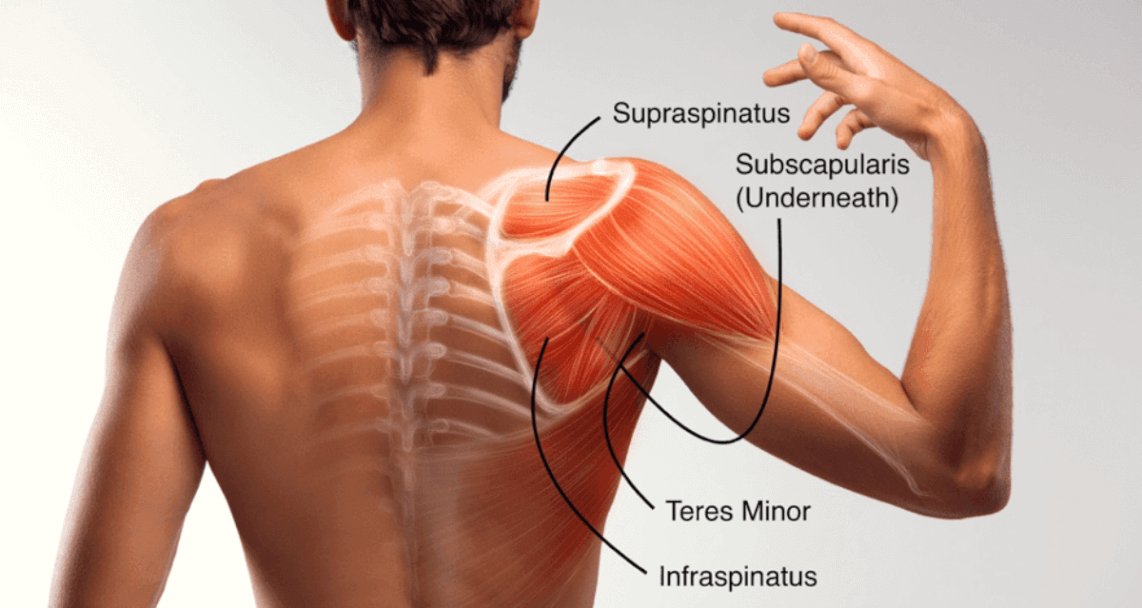
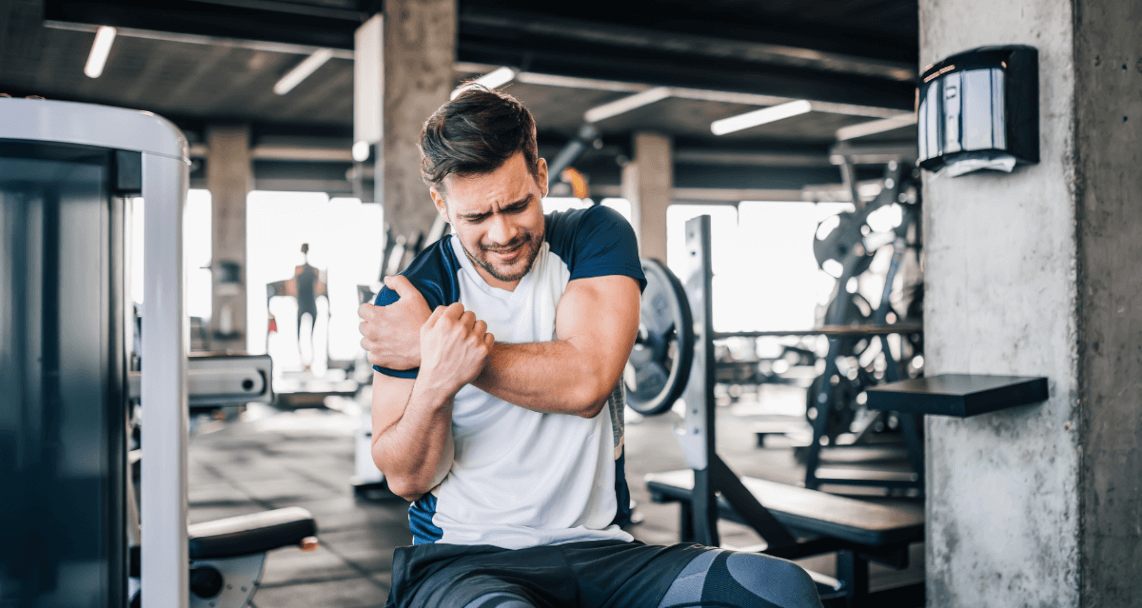
Symptoms can vary in severity, and some people with a rotator cuff tear may not experience any symptoms at all. However, common symptoms of a rotator cuff tear may include:
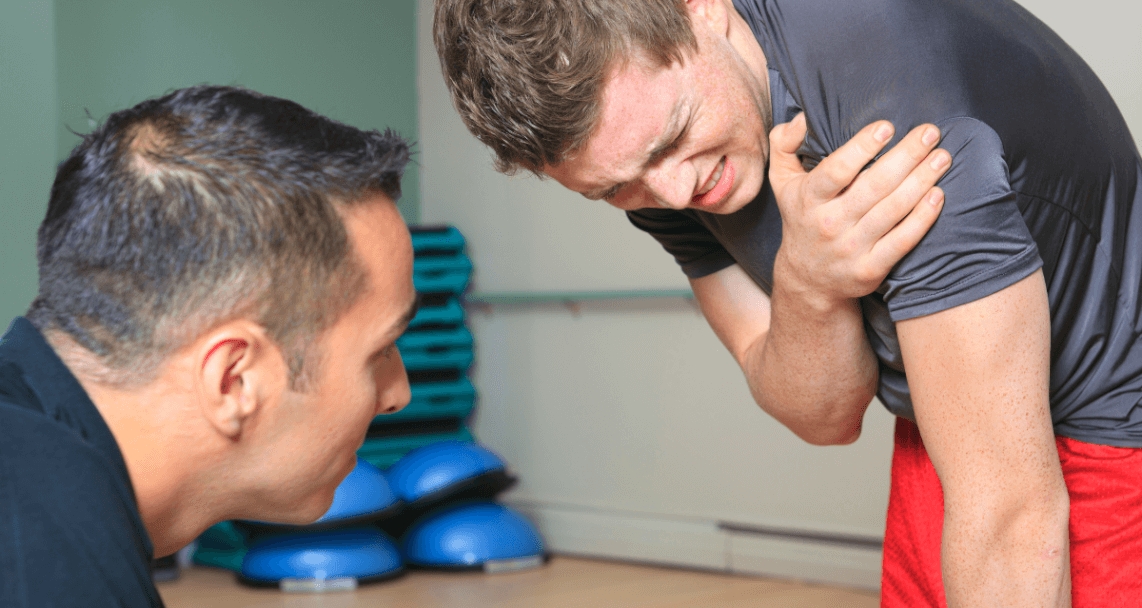
Physiotherapy uses a dynamic approach to rehabilitation that focuses on restoring function, alleviating pain, and preventing further injury. Here's your roadmap to managing rotator cuff injuries through physiotherapy:
Start by consulting a qualified physiotherapist. Physios are trained to give you a diagnosis of a rotator cuff tear. They'll ask you questions about what pain you are experiencing, assess your condition, identify the specific muscles affected, and tailor a treatment plan to your needs. From there we can begin to plan your individualised treatment plan that will work for you and your goals. We want to get you back to the activities you love doing!
Physiotherapy often involves hands-on techniques to relieve pain and improve muscle function. Your physiotherapist may use massage, scapular assessment, and joint mobilising to address muscle function and irritation in the rotator cuff. It's important to note that the specific manual therapy techniques used will depend on the severity of the rotator cuff tear, the individual patient's condition, and their response to treatment. Your physio will be able to make these changes in your individual treatment plan.
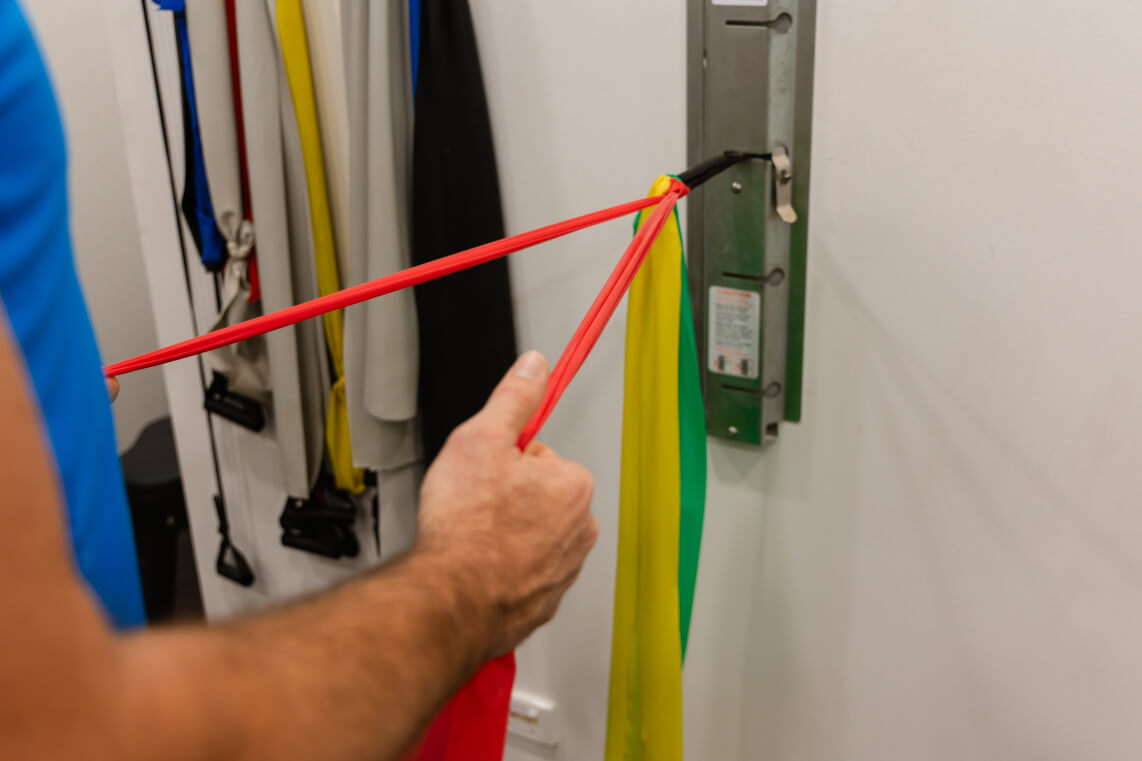
A key part of your rehabilitation will be targeted strengthening exercises to build your strength back up. Your physiotherapist will design a customised exercise program to build strength in the rotator cuff muscles gradually. These exercises can be done at home and are crucial for long-term recovery.
Here's a few examples of what you might expect on your road to recovery:

It might sound strange but when posture is poor, it can lead to imbalances in muscle strength and improper alignment, increasing the risk of rotator cuff injuries. Here are some ways in which your physio will asses posture in relation to rotator cuff damage:

During your recovery, you may need to modify or temporarily avoid certain activities that exacerbate your symptoms. Your physiotherapist is in your corner and will advise you on alternative exercises and techniques to stay active or be able to carry out essential actives in the home or work without compromising your healing process.
This is the good part! Your physio will regularly assess and reassess the progress of your shoulder injury to modify the rehab plan accordingly. We also work collaboratively with orthopaedic specialists or other healthcare professionals involved in your care.
As your strength and mobility improve in your shoulder, your physiotherapist will guide you through a gradual return to your regular activities. Whether it's playing sports, lifting weights, or doing household chores, a step-by-step approach ensures a safe and sustainable recovery.
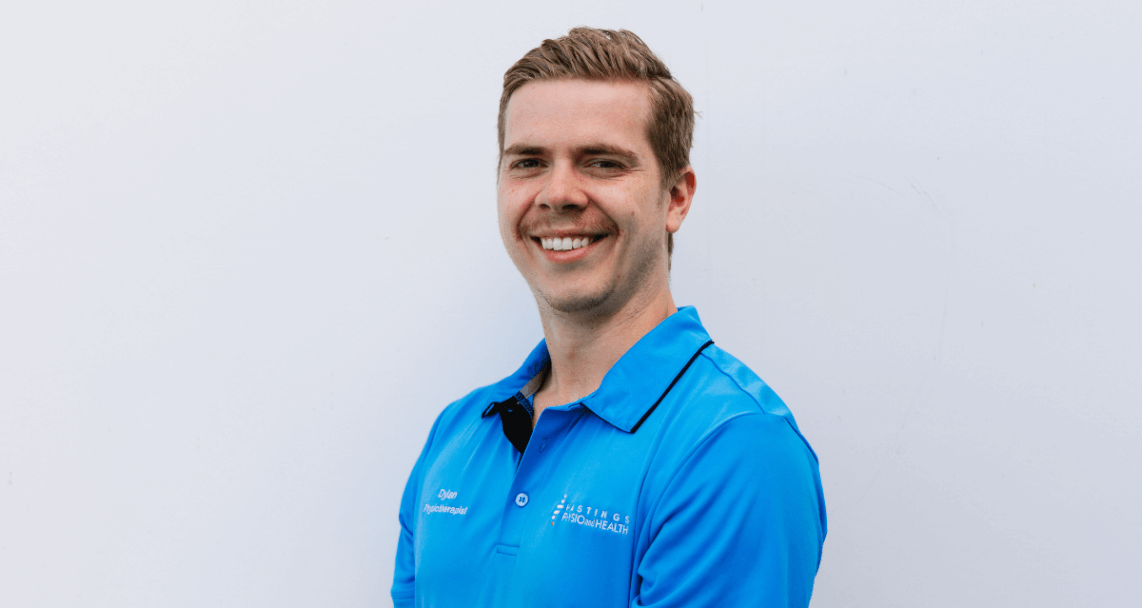
My best advice as a physiotherapist is that rotator cuff tear is a journey, not a sprint. Improvement in your pain level and range of motion is entirely possible with the right team in your corner. By partnering with a skilled physiotherapist and working consistently, you will be surprised at the improvements you can make. Together, let's reclaim your freedom of movement and get you back to enjoying our fantastic way of life in Port Macquarie!
Written by Dylan Chrimes – Physiotherapist at Hasting Physio and Health